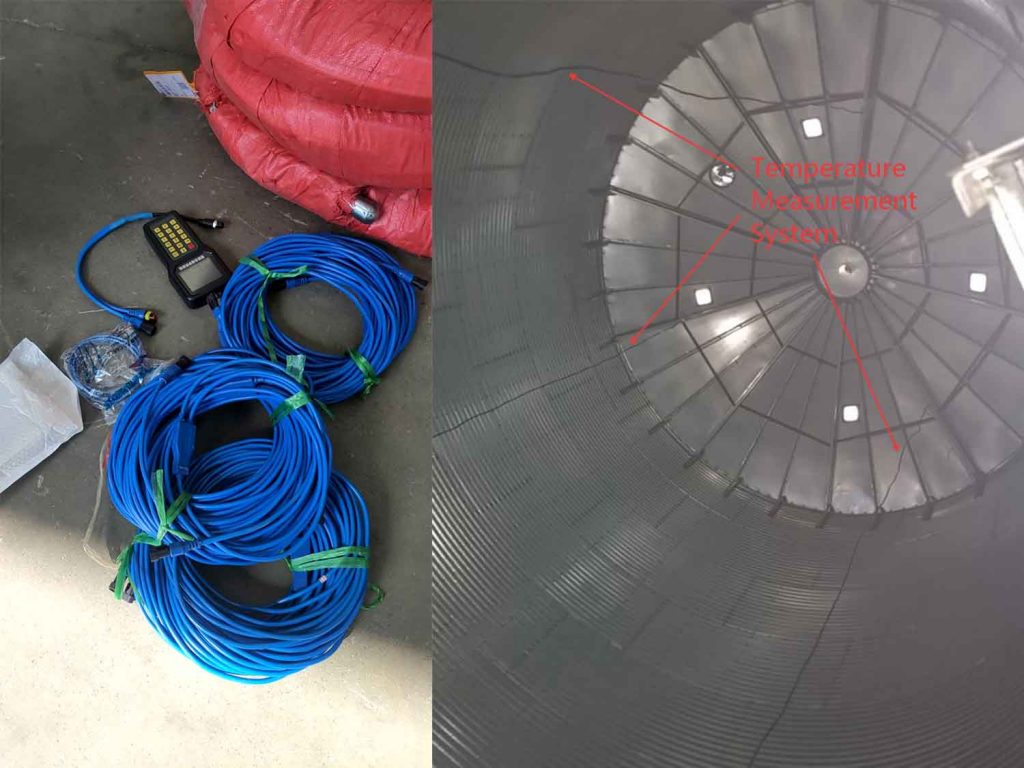A high - quality, efficient grain silo temperature measurement system not only precisely monitors grain pile temperature and prevents spontaneous combustion and pests but also ensures grain quality, reduces losses, and enhances storage economic benefits.

Clarify Requirements
Silo Size and Grain Type Determine System Configuration
First, thoroughly analyze the silo size and grain type. This is a prerequisite for purchasing. For small - scale grain silos, basic temperature - measuring functions covering a limited number of measuring points may suffice. However, large - scale, modern grain silos often require complex systems with high precision, wide coverage, and support for multi - point monitoring.
Supplier Screening
Qualifications and Reputation
Check if the supplier has relevant industry certifications, such as ISO quality management system certification and CE certification. These are important guarantees for product quality and production standards. Also, understand the supplier's market reputation by reviewing customer feedback, case studies, and consulting industry experts and peers to obtain information about the supplier's product quality.
Technical Assessment
Sensor Performance and System Accuracy
Focus on the precision, response speed, and stability of the sensors. High - precision sensors can more accurately reflect the actual temperature changes in the grain pile. The precision should typically reach at least ±0.5℃. Sensors with quick response times can promptly trigger alarms when temperature anomalies occur, while stable sensors ensure long - term reliable monitoring.
Cost Budget
Comprehensive Cost Analysis
Conduct a comprehensive cost analysis, including equipment purchase costs, installation and commissioning fees, training costs, maintenance costs, and operational costs over the system's lifespan. Although low - priced products may be attractive in terms of initial investment, if their performance is unstable, maintenance costs are high, or their lifespan is short, they may not be economical in the long run.
After - Sales Service Consideration
Comprehensive After - Sales Service
Examine the supplier's after - sales service system. This includes the response speed of technical support, the timeliness of repair services, the availability of spare parts, and the professionalism of training services. A high - quality after - sales service team can quickly provide solutions when the system malfunctions. This reduces downtime and ensures the continuity of grain silo temperature monitoring.